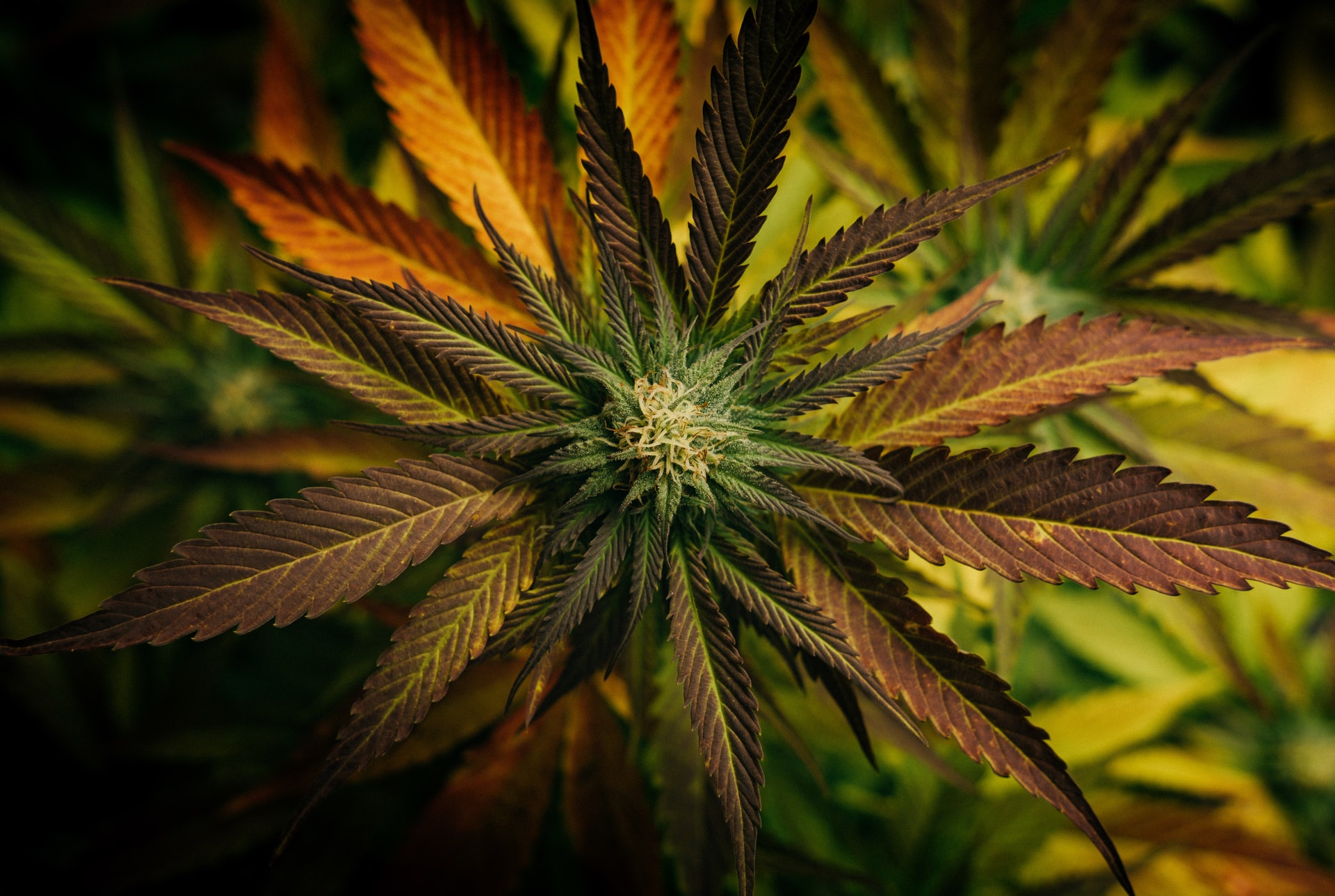New Jersey Sets Ground Rules for Cannabis Consumption Lounges
NEW YORK- The New Jersey Cannabis Regulatory Commission has recently taken a significant step in the cannabis industry by approving a set of rules for marijuana consumption lounges. This development marks a new business model within the Garden State, albeit with several key aspects still to be determined.
As reported by NJBiz.com, while the regulatory framework was established this Thursday, it leaves unanswered questions, particularly regarding the timeline for the release and acceptance of lounge license applications. However, a basic structure has been laid out, allowing cannabis enthusiasts to consume products on-site after purchase.
Key details of the approved plan include:
- Single Lounge Operation: Each cannabis company is limited to operating only one lounge, irrespective of the number of cannabis shops it owns.
- Restrictions on Sales: The sale of food within these lounges is prohibited. However, patrons have the liberty to bring their own snacks. Additionally, the sale of tobacco and alcohol is strictly forbidden.
- Medical Marijuana Consideration: Patrons who are medical marijuana patients are permitted to bring their own cannabis products into the lounges.
- Age and Identification Requirements: All customers must be at least 21 years old and are required to present a valid photo ID for entry.
- Licensing Fees: The license fees for operating a lounge have been set at $1,000 for microbusinesses and $5,000 for standard dispensaries.
According to NJBiz.com, these rules are expected to be finalized and published in the New Jersey Register next month.
Cannabis consumption lounges represent a unique segment within the broader cannabis industry. Currently, only 11 other states permit on-site consumption. Notably, Nevada stands out as one of the most progressive states in this regard, where lounges are explicitly allowed to sell single-serving cannabis products, mirroring the traditional bar model for alcohol service.
The implementation of these rules in New Jersey is poised to create a new dynamic in the state’s cannabis market, offering a distinctive experience for consumers. It aligns with the growing trend of integrating social aspects into cannabis consumption, albeit under a regulated and controlled environment. The progression of this initiative will be closely watched by industry observers and other states contemplating similar moves.


































